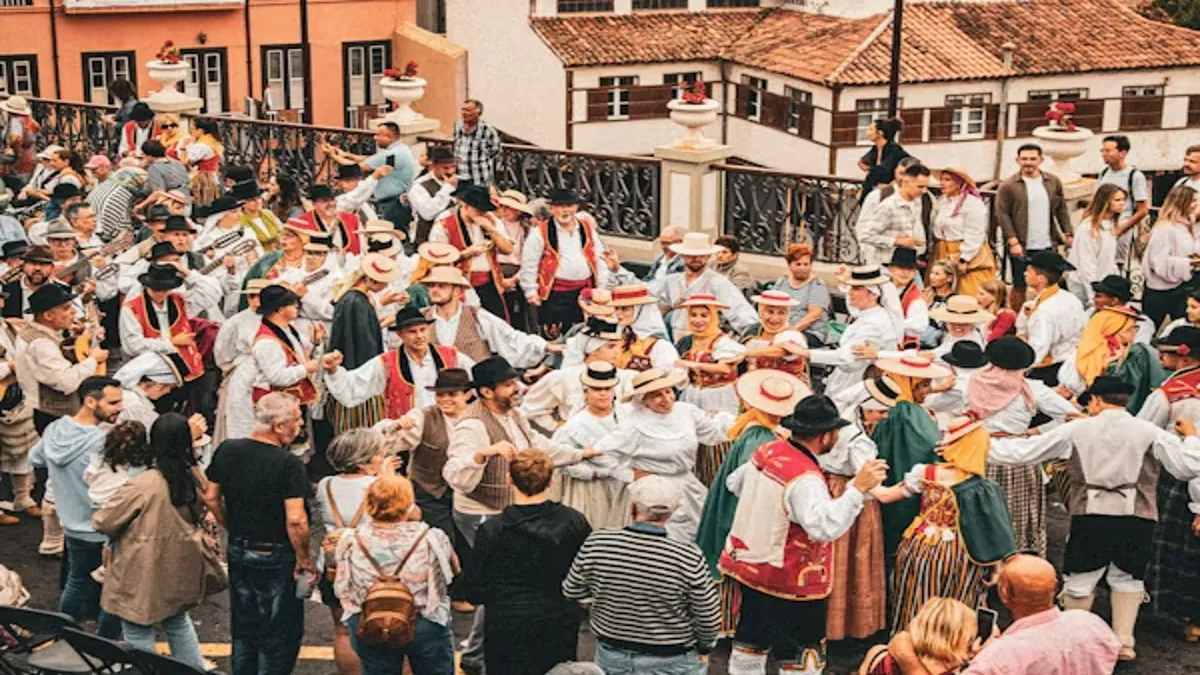When readers search for David Borhaz, they often seek clarity about who he is, what the name represents, and why it holds significance. Within the first glance, the curiosity lies in understanding whether Borhaz refers to a person, a symbolic concept, or a cultural figure. This article provides a detailed and updated informational guide about David Borhaz, combining historical context, potential symbolic meanings, cultural associations, and contemporary references. By the end of this comprehensive exploration, readers will understand both the factual and interpretative layers that surround this keyword, as well as its broader resonance in literature, identity, and collective imagination. The purpose here is not only to present knowledge but also to engage the curiosity of readers who wish to connect David Borhaz with deeper narratives.
The Origins of the Name
The name David Borhaz has a layered construction. “David” is one of the most widely used names across cultures, carrying biblical weight and symbolic power. “Borhaz,” in contrast, resonates as an unusual surname, suggesting potential roots in Central or Eastern Europe. Its sound hints at Hungarian or Slavic linguistic traditions, giving the name an aura of rarity. Names often reflect identity, and Borhaz as a surname captures the richness of heritage. For researchers and cultural enthusiasts, understanding names is not a trivial pursuit; it helps trace migration patterns, ancestral origins, and identity evolution.
Symbolism of David
“David” symbolizes courage, humility, and resilience. The biblical David who defeated Goliath has become a universal archetype for the underdog overcoming insurmountable odds. Linking this timeless symbol with Borhaz gives a dual identity: one part rooted in universal heroism, the other carrying cultural distinctiveness. As one cultural historian once said, “Names are stories waiting to be unfolded, each syllable carrying generations of meaning.”
Possible Meanings of Borhaz
Borhaz could carry meanings associated with vineyards, homesteads, or community structures if tied to Hungarian etymology. Linguistic scholars often note how surnames grew from occupations or geographic associations. “Bor” in Hungarian refers to wine, and “haz” translates to house—suggesting that Borhaz may literally mean “wine house.” This interpretation gives David Borhaz a symbolic connection to hospitality, tradition, and the cultural essence of wine as a social connector.
Cultural Relevance Today
The modern-day relevance of David Borhaz can be seen in how societies embrace names that mix heritage with universal appeal. In a time when globalization and migration create new blends of identity, such a name reflects both rootedness and openness. To some, the figure of Borhaz may become emblematic of cultural intersection.
Notable Interpretations
Throughout history, fictional and semi-fictional names like Borhaz are often used in literature and media to create symbolic characters. A writer may invent such a name to anchor their story in both familiarity (David) and mystery (Borhaz). In contemporary informational landscapes, where new names rise to prominence through literature, cinema, or digital narratives, David Borhaz may serve as a character or archetype embodying resilience and cultural duality.
Quotes Highlighting Identity and Names
- “Every name carries an invisible story, and some names demand to be deciphered beyond surface recognition.”
- “Identity is both given and created; a name like David Borhaz reflects both inheritance and invention.”
- “In the dance of tradition and modernity, names remain our most personal cultural anchors.”
Linguistic Significance
The dual composition of the name—David and Borhaz—offers a fascinating linguistic structure. David ties it to a global linguistic heritage, while Borhaz localizes it within a European framework. Linguists often explore how names become cultural bridges, enabling cross-community dialogue. Understanding David Borhaz requires a lens that combines linguistics, history, and symbolic interpretation.
A Broader Framework of Analysis
To analyze a figure like David Borhaz comprehensively, one can frame him in three contexts:
- Personal Identity: How an individual with this name might navigate society.
- Cultural Representation: How the name carries symbolic meaning beyond one person.
- Collective Imagination: How literature, arts, or digital media might adopt the name as a character or archetype.
The Table of Interpretations
| Aspect | Possible Meaning | Contemporary Relevance |
|---|---|---|
| Biblical Echo | David as symbol of resilience | Represents universal courage |
| Linguistic Root | Borhaz meaning “wine house” | Cultural symbol of tradition |
| Identity Bridge | Combines common first name with rare surname | Reflects global-local connection |
| Archetypal Value | Fictional or literary resonance | Anchors narrative identity |
| Cultural Anchor | Heritage tied to Central Europe | Symbol of ancestral pride |
Contemporary Narratives
Names like David Borhaz may find themselves woven into contemporary fiction, short stories, or symbolic essays. In creative writing, authors often blend familiarity with mystery to draw readers into narratives. A protagonist named David Borhaz may serve as both relatable and enigmatic.
Identity in Globalization
In today’s world, identity is fluid. Someone named David Borhaz might live in New York, Budapest, or Sydney, each location reshaping his cultural association. The name then becomes a vessel of globalization, embodying both local heritage and global integration.
Bullet-Point Insights for Readers
- David Borhaz combines universal and rare elements, making the name memorable.
- “Borhaz” may signify wine traditions, adding cultural richness.
- Names like Borhaz work well in literature as symbolic archetypes.
- Contemporary societies value names that bridge local and global cultures.
- Identity construction often begins with names, making this exploration significant.
Philosophical Dimensions
The philosophical question arises: does a name shape the person, or does the person define the name? A figure like David Borhaz invites reflection on whether identity is inherited, constructed, or negotiated. As philosopher Paul Ricoeur once noted, “Narrative identity allows us to tell ourselves who we are through the names we bear.”
Literature and Symbolic Use
In literature, fictional names often acquire symbolic lives of their own. A writer may use Borhaz as a metaphor for rootedness, with David providing the universal resonance. Such names serve not only as identifiers but as thematic devices.
Modern-Day Examples of Usage
While direct figures may be rare, the symbolic usage of David Borhaz is plausible in novels, plays, or even digital media like role-playing games. Names like this create immersive character identities and enrich narrative worlds.
Sociological Implications
Sociologists highlight the role of names in social mobility and recognition. A distinctive name like Borhaz may spark curiosity, conversations, and even professional associations. Distinctiveness can become a form of cultural capital, offering visibility in diverse communities.
Conclusion
The exploration of David Borhaz reveals more than just a name; it reflects history, symbolism, cultural resonance, and modern adaptability. By breaking down its linguistic roots, interpreting its cultural value, and imagining its literary potential, readers understand how one name can encapsulate multiple narratives. Whether viewed as a person, a symbol, or a cultural marker, David Borhaz continues to inspire curiosity.
FAQs
1. What does the name David Borhaz mean?
It combines “David,” symbolizing courage, with “Borhaz,” which may mean “wine house” in Hungarian tradition.
2. Is David Borhaz a real person?
The name may refer to individuals, but it also carries symbolic and cultural resonance that extends beyond personal identity.
3. Why is Borhaz associated with wine?
“Bor” means wine and “haz” means house in Hungarian, suggesting ties to hospitality and tradition.
4. How could David Borhaz be used in literature?
Writers may use it to create symbolic characters that embody courage, heritage, and cross-cultural identity.
5. Why is understanding names like Borhaz important?
Names carry stories, reflect cultural heritage, and help explain how identity is shaped in modern and historical contexts.















